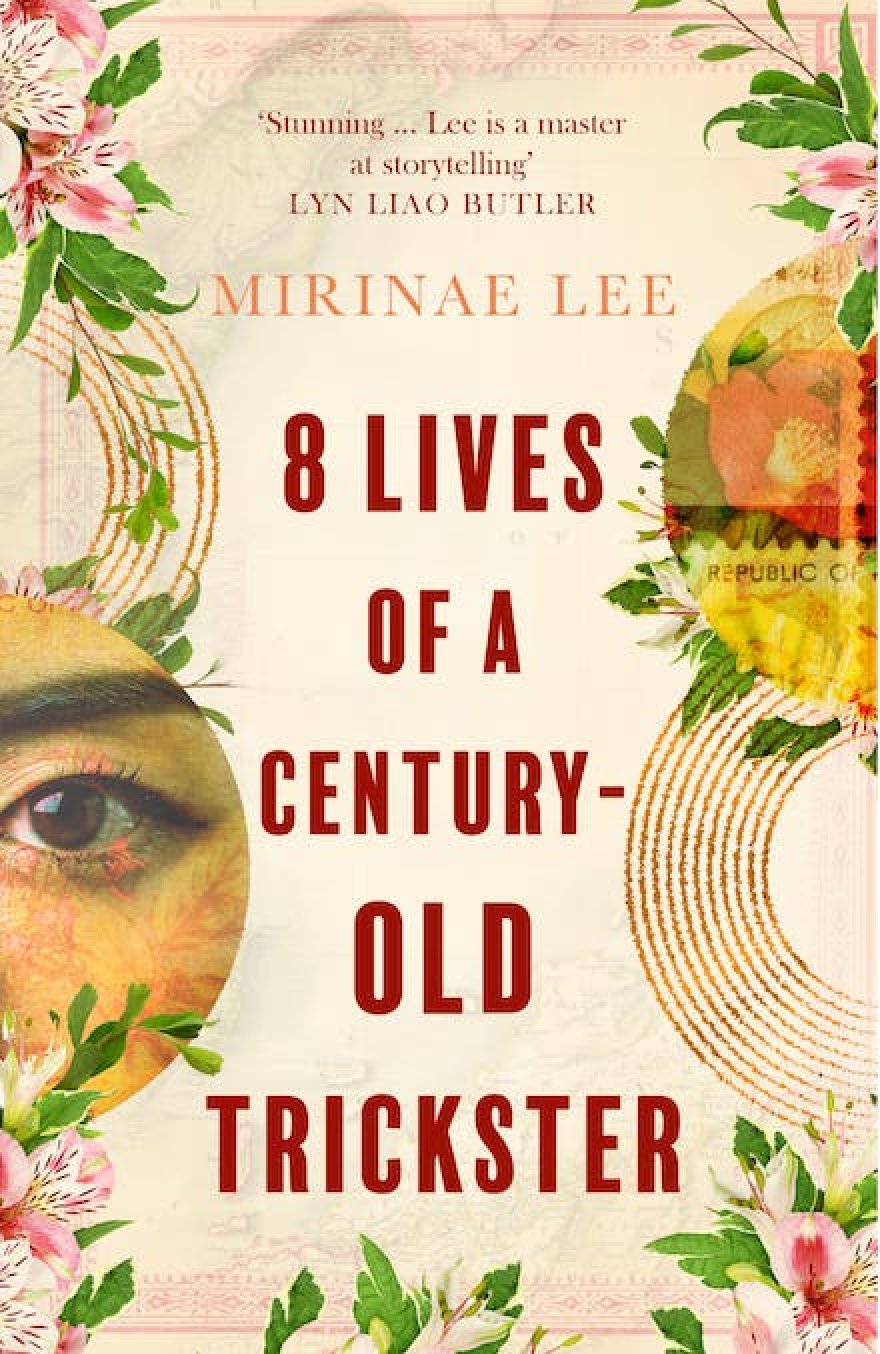Mirinae Lee is one of only a few writers from South Korea who publish in English rather than Korean. She does not do this because works in English have a bigger readership – it just works better as a literary device, explains Lee, the author of 8 Lives of a Century-Old Trickster.
“For a long time, I thought it would be almost impossible for a non-native speaker to write a novel in a foreign language,” she says. “I started writing the story in Korean, but it didn’t work very well. When I switched to English, however, it worked instantly.”
Lee graduated from university with a major in English literature in the United States and has lived in Hong Kong for 12 years.

The book comprises eight separate, yet interconnected stories of an unnamed protagonist who claims to have been a slave, an escape artist, a murderer, a terrorist, a spy, a lover and a mother.
Excerpts of Lee’s novel appeared in literary journals including Meridian, Antioch Review and Black Warrior Review, and later caught the eye of a literary agent.
How Jenny Han built an empire to tell stories of first loves, heartbreaks
How Jenny Han built an empire to tell stories of first loves, heartbreaks
The book received good reviews and Lee ended up signing with eight different publishers around the world.
“I feel very lucky and grateful,” Lee says. “The Italian and Danish editions will be available in a few months. The Korean edition is aiming for a release early next year.”
8 Lives of a Century-Old Trickster was inspired by Lee’s great aunt, one of the oldest women to escape alone from North Korea. She died two years ago.
“She was such a unique person. She went through a lot of events mentioned in the book. She survived Japanese colonialism, the Korean war and North Korea’s Great Famine, and escaped North Korea by herself in her 60s,” Lee says.
“She’s had such a turbulent and tragic life, but at the same time, she was very vivacious and a great storyteller.
“However, she didn’t give detailed stories about how she escaped because she left her two children and husband in North Korea. Families of defectors are sometimes punished harshly.”
Each chapter is like a movie of its own
During her research, the writer talked to several North Korean defectors she met. One of the novel’s anecdotes, in which the protagonist’s daughter hides a video containing South Korean content during an inspection, is based on a true event.
“I hung out a lot with young North Korean defectors and, from time to time, they told me things they experienced,” she says.
Lee had always dreamed of becoming a fiction writer, but she did not think it could become a profession. She was in her mid- to late 20s when the idea surfaced again. While in Paris, a friend declared she would become one of the greatest writers of all time.
“I thought to myself, ‘Wow. If she does that, why can’t I at least try? I have nothing to lose except time’,” she says. Lee began work on her debut novel in 2017 and finished it in 2021.
Flash fiction stories: can you tell if these are AI-created or by humans?
Flash fiction stories: can you tell if these are AI-created or by humans?
As a literary subject, the Korean diaspora and its dark history is not uncommon, but Lee thinks the protagonist in her book is different.
“I wanted to create a weird grandmother type who has a side that’s a bit violent. Also, my novel is not [read] in chronological order. Each chapter is like a movie of its own,” she says.
There has been a lot of talk about adapting 8 Lives of a Century-Old Trickster as a film both in Hollywood and Korea.
“I spoke to a few film producers in Hollywood, but our talks came to a halt because of the Hollywood strike. I’ve also talked briefly with several filmmakers in Korea, but the Korean edition is not out yet.
“Everyone tells me finding a good director is the most important thing,” Lee says.

Lee is now working on her second novel, tentatively titled Empire of V, which is inspired by true stories of rescued dogs in Korea.
“I was inspired by a Korean television show, There is No Such Thing as a Bad Dog. I imagined a dog trainer who grew up under a father who owned a puppy farm. She’s doing the opposite of what her father was doing.
“As the book progresses, there will be more about daughter and father,” she says.
Asked the most memorable writing advice she has ever received, Lee says: “I have to find my ideal readers.
“We all have different preferences and writing styles. It’s not a matter of good taste or bad taste. So I need to find readers who understand my work and listen to their opinions.”

